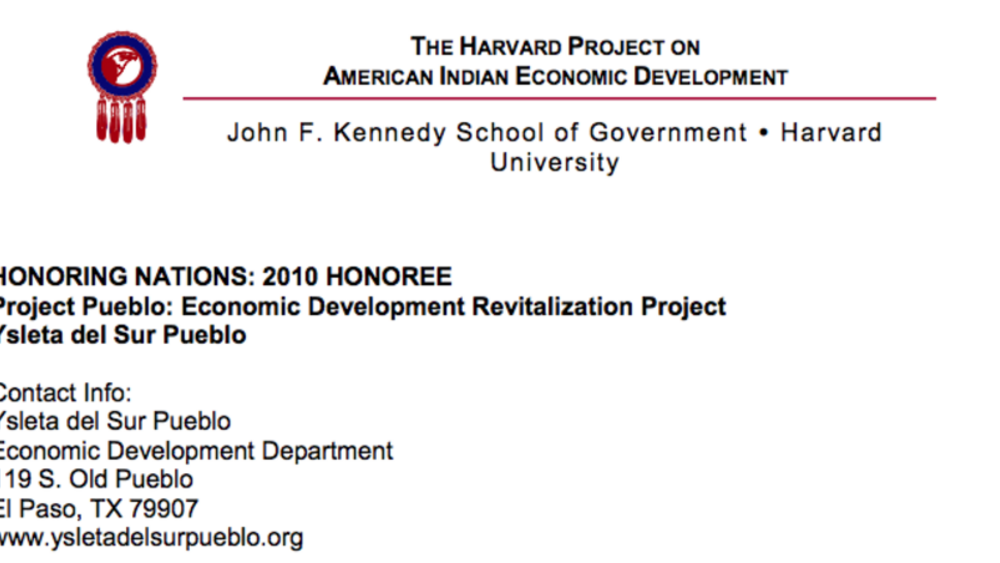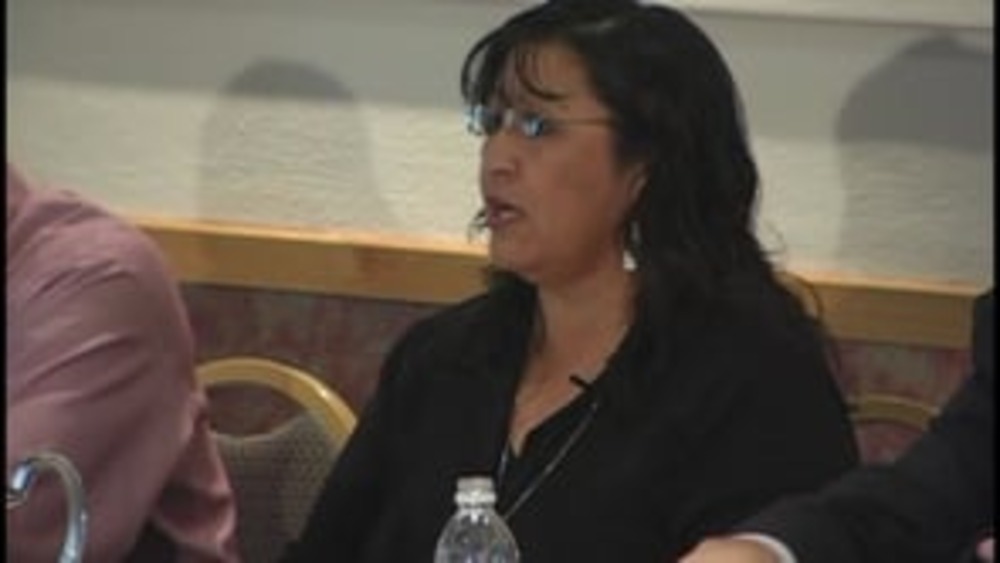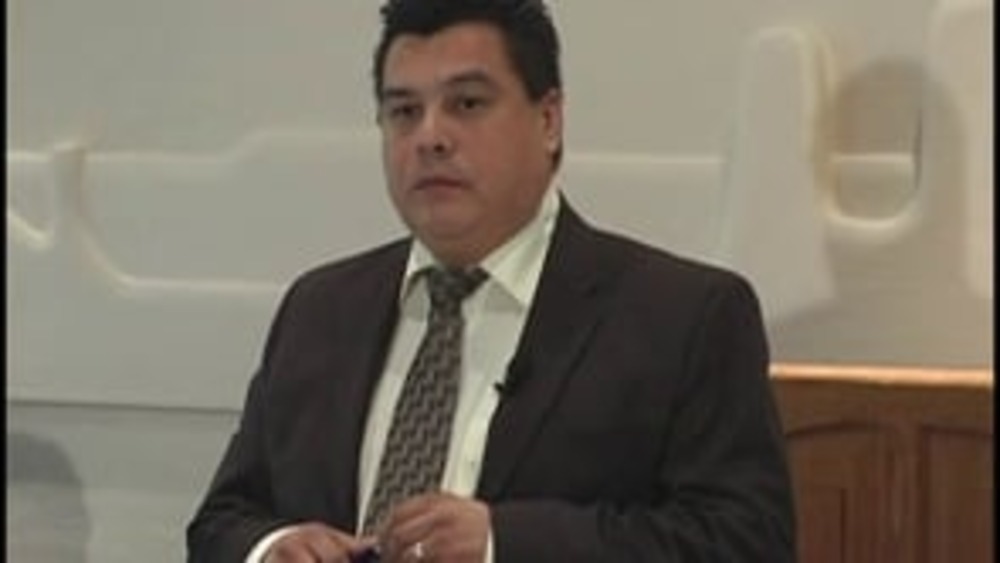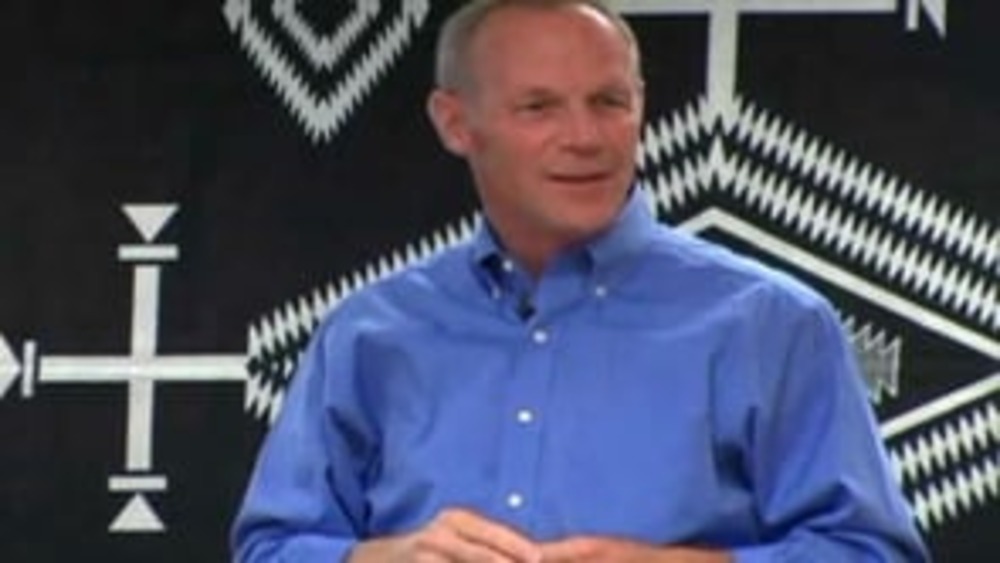Indigenous Governance Database
corporate governance

Project Pueblo: Economic Development Revitalization Project
A strong economy is one of the foundations of a healthy community. Native nations use business profits and tax revenues to invest in areas such as health, education, culture, and public safety programs to meet the needs of tribal citizens. At the Ysleta del Sur Pueblo, a sudden economic decline in…

Joan Timeche: The Practical Issues of Business Development - Some Things to Consider: Governing Body
Native Nations Institute Executive Director Joan Timeche shares her experiences as a board member on two tribal economic development corporations, and identifies some key things that Native nations need to consider as they work to craft effective approaches to corporate governance.

Brian Titus: Nation-Owned Enterprises: Osoyoos Indian Band Development Corporation
Osoyoos Indian Band Development Corporation (OIBDC) Chief Operating Officer Brian Titus provides an overview of OIBDC and the reasons for its success, notably the great lengths it goes to educate Osoyoos citizens about the corporation's activities and overall health.

From the Rebuilding Native Nations Course Series: "Rules are More Important than Resources to Enterprise Success"
Professor Joseph Kalt discusses the importance of sound laws, codes, policies and other rules to the building of diversified, sustainable economies in Indian Country and everywhere else around the world.
